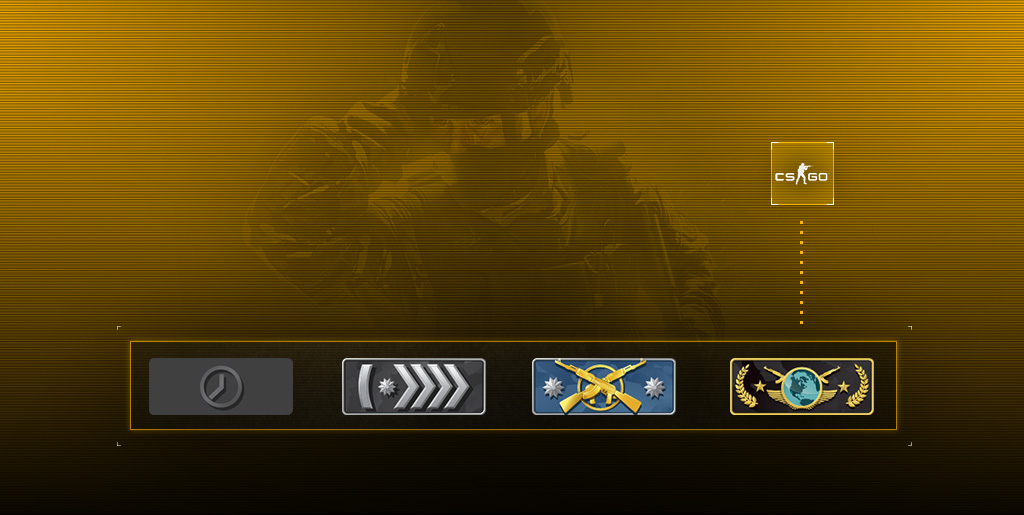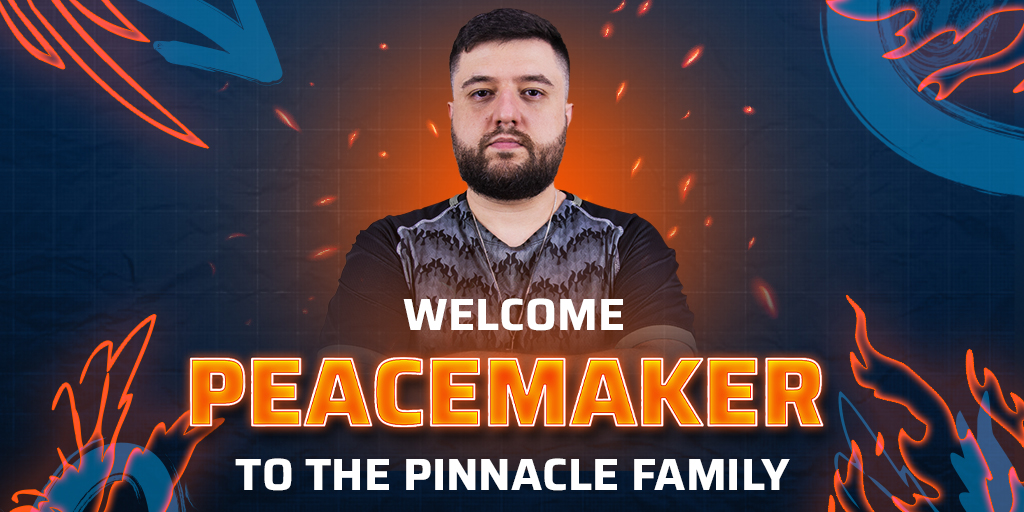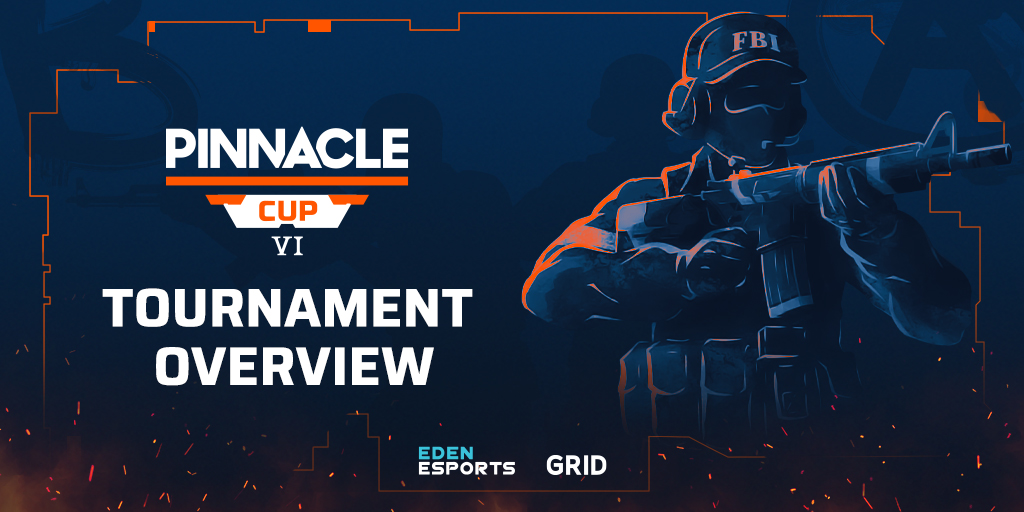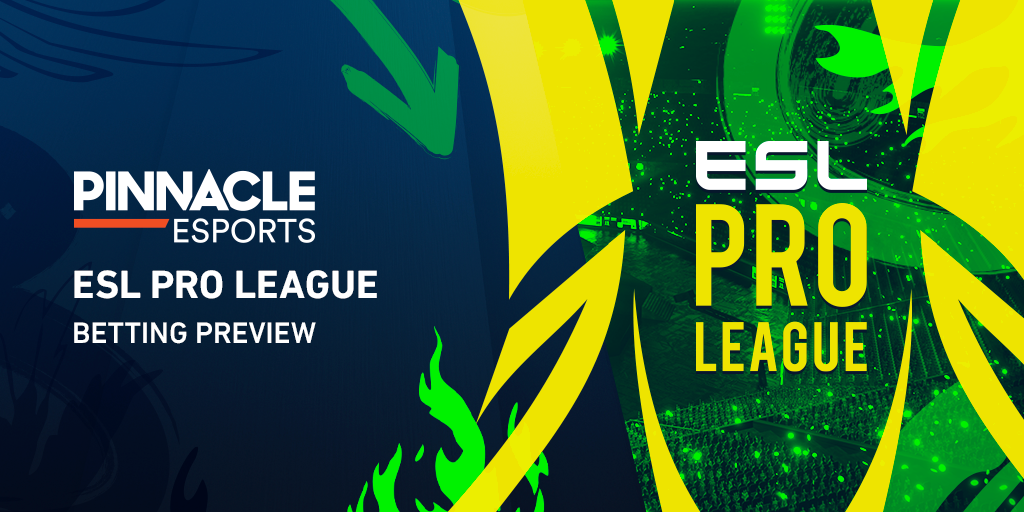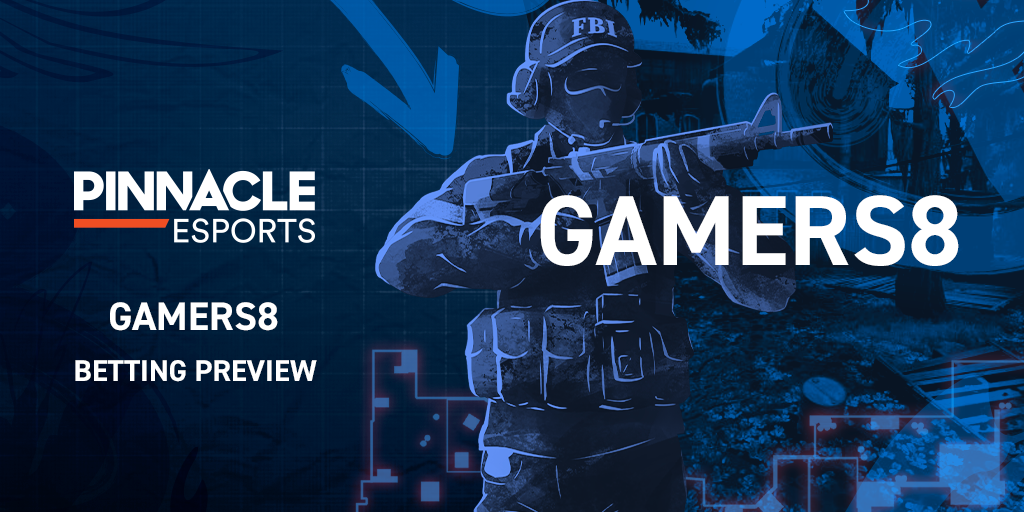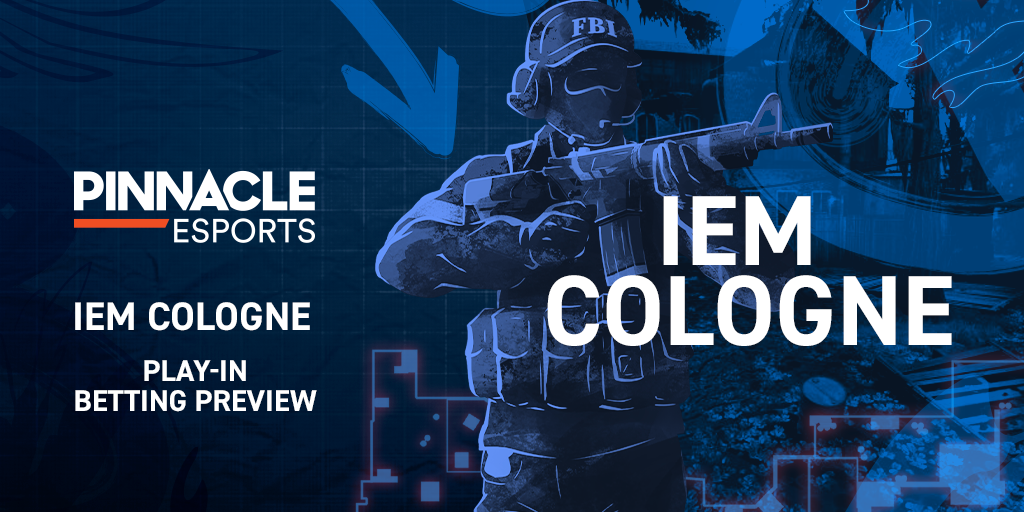It doesn’t matter where you start with your CS:GO rank, you will have to put time and effort in in order to progress beyond what you’ve placed at. Something to keep in mind is that if you ever get to a stage where you aren’t enjoying competitive, take a break, learn more about the game and what you enjoy doing within the game.
First things first, if you are completely new to CS:GO and want to dive a little deeper, we’ve covered the CS:GO economy and CS:GO roles within a team. It would be worth checking them out first to get to grips with the basics.
How do competitive CS:GO rankings work?
Let’s start with the basics; there are a total of 18 CS:GO ranks for competitive ranging from Silver I (lowest) to Global Elite (highest). When you first start doing your placements you are only allowed to do two per-day and you have to play a total of ten matches before you are placed.
The system will then make predictions based on how well you performed during those matches. It’s been noted that after the 10 placement matches, it will provide the ranking system with enough data to place you within a skill group of people who have a similar ranking to yourself.
Typically, you will also play with and against teams who are around the same skill level as your team. In certain situations, you will probably play against teams who are higher or lower than the skill group you were placed into, this is down to the “Elo” points system.
Elo operates as a number that increases and decreases depending on the results of your match. This shouldn’t be seen as a competitive disadvantage as the person you are playing against who is in a higher skill group or has a higher Elo rating might be on the decline, whereas you will be on the up.
What do Elo points have to do with my CS:GO rank?
Basically everything. Much like in chess, where skill level is calculated by games won and lost, CS:GO operates in a similar fashion which is why you very rarely see two players of the exact same Elo play against each other.
Prediction plays a heavy part in chess much like it does in CS:GO match making and how it gauges who you play against. Keep in mind the major factors that affect your Elo in CS:GO are: Round Win/Loss, MVP, and match draws.
There are a fair few misconceptions about CS:GO ranks, for example kills, deaths and assists do not have a direct impact on your Elo points
The question you might be asking yourself is: If I’m in Gold Nova I, that means my Elo points are 1000 - and to get to Gold Nova II I need 100 more points, right? Wrong. Consider that CS:GO rank is a number between two values. For example, Gold Nova I is 1000-1500 points, and in order to progress to Nova II, you would have to exceed 1500 points. This also means you can play against people who are within that range, as well as players who are in the rank above and below.
It’s also worth noting that you’re more than likely to play against people who are of a higher skill group or Elo rating than against someone lower compared to yourself, unless they have queued into match making with someone who is higher. This is because higher ranked players can queue with lower ranked players.
How do I rank up my CS:GO rank?
First of all, there is no sure-fire way to improve your CS:GO rank. There isn’t a cheat sheet that will ultimately tell you the quickest and fastest way to do it. The data it collects throughout the match will tell the system exactly how well you have performed, but keep in mind, whilst it collects this information it doesn’t necessarily use all of it. For the most part, the ranking system doesn’t take every single point of a match into consideration.
There are a fair few misconceptions about CS:GO ranks, for example kills, deaths and assists do not have a direct impact on your Elo points, neither does accuracy, objectives, scoreboard position, etc. unless you achieve MVP. If you won 16 – 0 then there is a chance that you could receive a sizeable amount of points, more so if you achieved MVP.
The other unfortunate side to being kicked, is that if you were in line to be the MVP, you no longer will get considered for MVP
MVP is a contributing factor towards the amount of Elo points you will receive. Consider being MVP as a bonus, if your team wins the majority of their rounds and wins the match as a whole, you will receive your Elo points based on those scores.
If you also achieve MVP you get bonus points that is based on kills, deaths, assists, etc. Draws are also taken into consideration as competitive matchmaking doesn’t have overtime.
If you are trying to improve your CS:GO rank it is also important to really take some time to understand how the game functions and how you function as an individual and in a team. As I mentioned earlier, there is no cheat sheet or fast pass to ranking up in CS:GO.
Take some time to learn how you can benefit the team and what you can contribute. If you have a ‘go-to’ role as AWP and you see someone else running with it instead, then try and find what your team is lacking, more so if the team is falling behind with wins.
Queueing with friends could be beneficial as you would be more on their wave length and probably find it easier to communicate. Although this can have a negative effect as well. If you were to queue with someone who was a lower rating with you, chances are, you would be put against people of a lower rating as well, but it works both ways. The enemy team will more than likely have someone who is of a higher rank to balance the game out.
Other contributing factors that affect your CS:GO rank
As mentioned earlier, there is no sure-fire way to rank. The easiest way to rank up in CS:GO is to understand your own skill level and gauge what you can bring to the team. Depending on your skill level and the team’s skill level, you could take some time out to understand the map pool and learn various different vantage points and call out locations.
There are a few other factors that affect your ranking. If your team opts to surrender in a match and it succeeds, your Elo points will be updated based on the round results you received up until the point of surrender. If you opted to surrender whilst you had the advantage in round scores, you would still be in with a chance of ranking up or gaining Elo.
Being kicked from the game
We’ve probably all had it before where we’ve had three or four premade in a match and you’ve been kicked for unknown reasons. Sometimes this can be for genuine reasons, but most of the time it’s not. The good news is that, if your team was running away with the game prior to that, then you will retain those wins. The bad news - if your team was losing and you got kicked you will also hold those losses.
The other unfortunate side to being kicked, is that if you were in line to be the MVP, you no longer will get considered for MVP. You will also have to wait until the end of that match before you will see your score reflected in your rank.
There isn’t a lot more that can be said about increasing your CS:GO rank. The developers have been pretty tight-lipped about how the system works, for the most part, and this is to stop people exploiting the system or using smurf or booster accounts.

